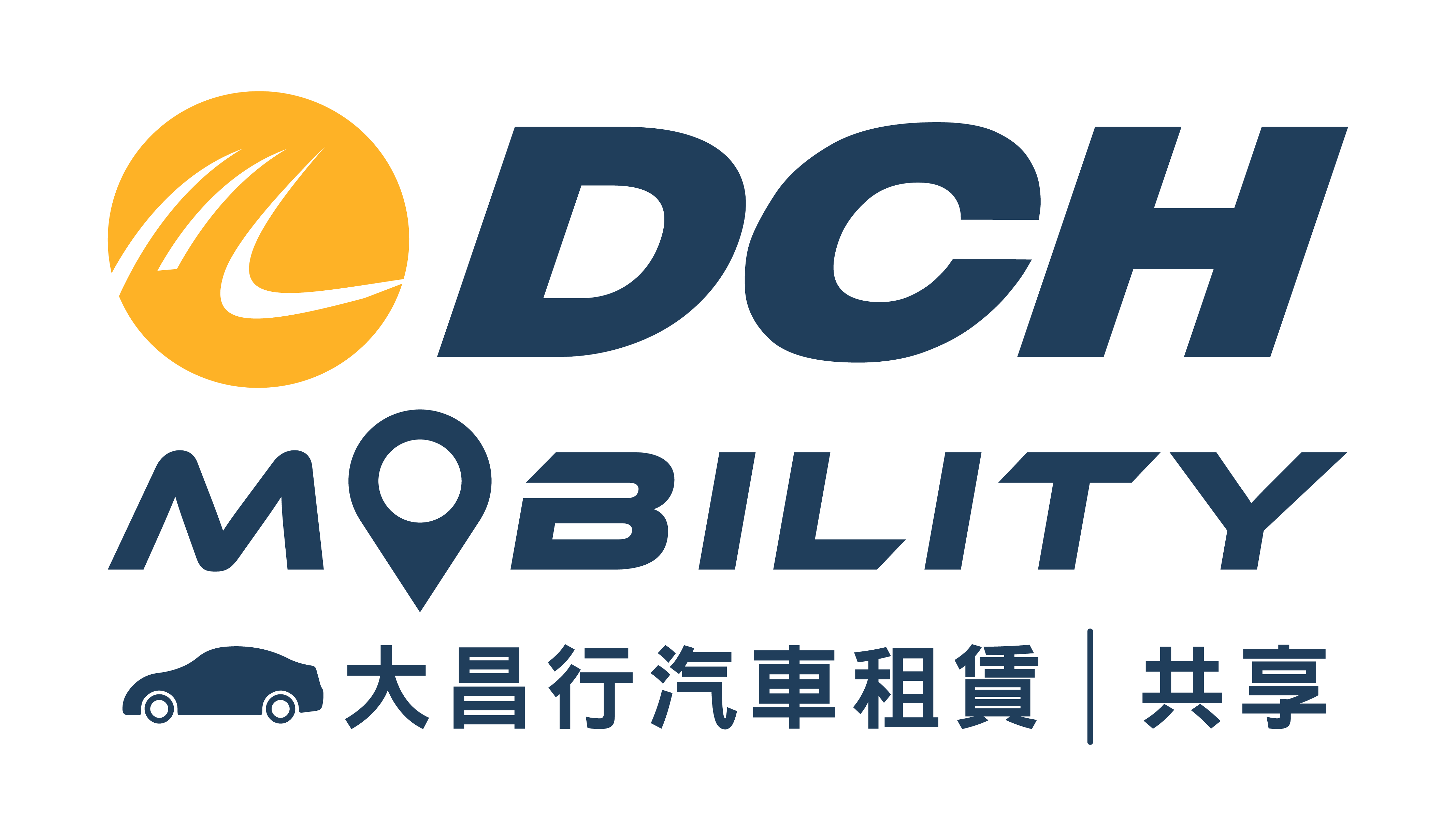
Car Share Services|Services and Price|DCH Mobility
Interested in Car Share Services? DCH can offer you short-term car rental, long-term rental, limousine service, overseas rental and car sharing services.
Car Share: Revolutionizing Urban Mobility for a Sustainable Future
In an era where environmental consciousness and economic efficiency are paramount, car share has emerged as a game-changing solution in urban transportation. This innovative approach to mobility is reshaping how we think about car ownership and urban travel. Let's dive into the world of car sharing and explore its impact on our cities, wallets, and the planet.
What is Car Share?
Car share is a model of car rental where people rent cars for short periods, often by the hour. It differs from traditional car rental in its convenience, cost-effectiveness, and environmental benefits. The concept allows individuals to enjoy the benefits of private cars without the hassles and costs of ownership.
The Evolution of Car Share
The car share concept has come a long way since its inception in the 1940s in Switzerland. Today, it has evolved into a sophisticated system leveraging technology to provide seamless user experiences. Modern car share services use mobile apps, GPS tracking, and smart access systems to make vehicle access as easy as a few taps on your smartphone.
Types of Car Share Service
1. Station-Based Car Sharing: Vehicles are picked up and returned to the same location.
2. Free-Floating Car Sharing: Users can pick up and drop off vehicles anywhere within a designated area.
3. Peer-to-Peer (P2P) Car Sharing: Private car owners rent out their vehicles when not in use.
4. Corporate Car Sharing: Companies provide shared vehicles for employee use.
The Benefits of Car Share
Environmental Impact: Car sharing significantly reduces the number of vehicles on the road. Studies show that one car-share vehicle can replace up to 15 privately owned cars, leading to reduced carbon emissions and less traffic congestion.
Economic Advantages: For users, car sharing eliminates the costs associated with car ownership such as insurance, maintenance, and parking. It's particularly beneficial for those who don't need a car daily but require occasional access to a vehicle.
Social Benefits: Car sharing promotes a sharing economy, fostering a sense of community and more efficient use of resources. It also improves mobility for those who cannot afford to own a car.
How to Use Car Share Services
1. Sign Up: Register with a car share service, providing necessary documentation like a valid driver's license.
2. Find a Car: Use the service's app or website to locate available vehicles near you.
3. Book and Unlock: Reserve your chosen vehicle and unlock it using the app or a provided smart card.
4. Drive: Use the car for your trip, adhering to the service's rules and regulations.
5. Return: Return the car to a designated spot or any legal parking space, depending on the service type.
Technology Driving Car Share
The success of car sharing heavily relies on technology: Mobile Apps, For booking, locating, and accessing vehicles. Telematics, For tracking vehicle location, fuel levels, and maintenance needs. Keyless Entry Systems, Allow users to unlock cars with smartphones or smart cards. AI and Machine Learning, For predicting demand and optimizing vehicle distribution.
Car Share vs. Other Transportation Options
| Aspect | Car Share | Personal Car | Public Transport | Ride-Hailing |
| Cost | Medium | High | Low | Medium-High |
| Flexibility | High | Very High | Low | High |
| Environmental Impact | Positive | Negative | Very Positive | Moderate |
| Maintenance Responsibility | None | High | None | None |
The Future of Car Share
The car share industry is poised for significant growth and innovation:
1. Electric Vehicles: Many car share services are incorporating EVs into their fleets, further reducing environmental impact.
2. Autonomous Vehicles: Self-driving cars could revolutionize car share, making it even more convenient and accessible.
3. Integration with Public Transit: Car share is increasingly being viewed as a complement to public transportation, with cities integrating it into their broader mobility strategies.
Challenges and Solutions in Car Share
While car sharing offers numerous benefits, it also faces challenges: Vehicle Availability, Ensuring cars are available when and where users need them. Maintenance, Keeping shared vehicles clean and in good condition. User Behavior, Addressing issues like late returns or misuse of vehicles.
Solutions include predictive algorithms for better distribution, stringent cleaning protocols, and user rating systems to encourage responsible usage.
Choosing the Right Car Share Service
When selecting a car share service, consider:
1. Coverage Area: Ensure the service operates in your desired locations.
2. Pricing Structure: Compare hourly rates, membership fees, and mileage charges.
3. Vehicle Types: Check if the service offers the kind of vehicles you need.
4. Ease of Use: Look for user-friendly apps and straightforward booking processes.
5. Customer Support: Reliable customer service is crucial for addressing any issues.
The Road Ahead for Car Share
Car sharing represents a significant shift in our approach to transportation. As cities grow denser and more environmentally conscious, car share offers a sustainable, flexible, and cost-effective solution to urban mobility challenges. By reducing the number of cars on the road, not only eases traffic congestion and parking woes but also contributes to cleaner air and more livable cities.
The future of car share looks bright, with technological advancements promising to make it even more convenient and efficient. As we move towards smarter cities and more integrated transportation systems, car share is set to play a crucial role in shaping the future of urban mobility.
Whether you're a city dweller looking for occasional car access, an environmentally conscious individual seeking to reduce your carbon footprint, or simply someone curious about innovative transportation solutions, car share offers an exciting alternative to traditional car ownership and usage.
Embrace the car share revolution – it's not just about getting from point A to point B; it's about reimagining our relationship with cars and contributing to a more sustainable, efficient, and connected urban future.